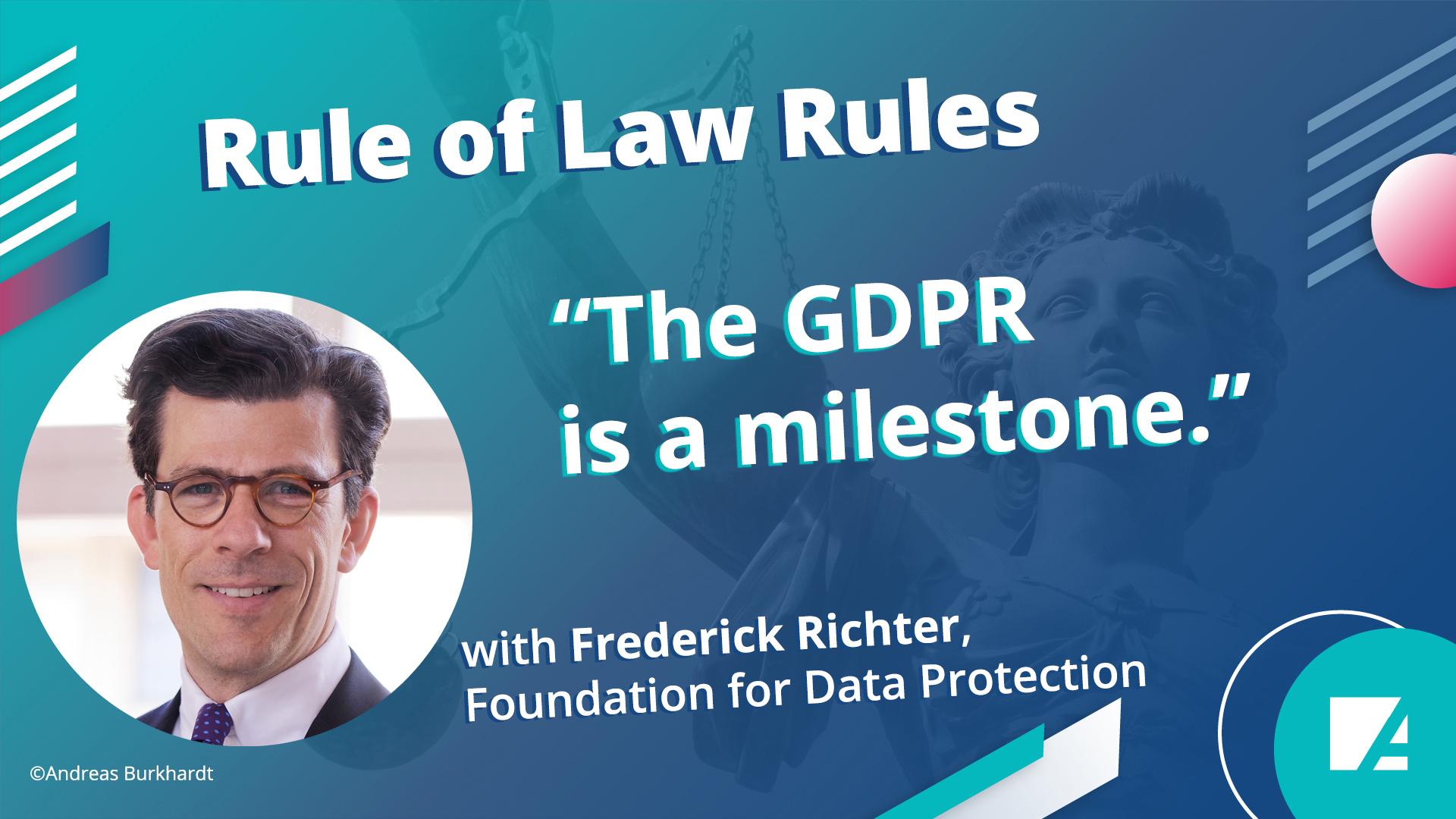Constitutional Review in the Middle East and North Africa
Anja Schoeller-Schletter (Hrsg./Ed.)
NOMOS Verlagsgesellschaft mbH & Co. KG, Baden-Baden
Reihe: Nahoststudien. Middle Eastern Studies. Band 4. 1. Auflage 2021.
In recent years, especially since the Arab Spring, constitutional oversight has grown in the Middle East and North Africa. Not only have constitutions in several countries been newly drafted or amended, but also constitutional review with it. The public and democratic demand for constitutional review has garnered much attention and the topic remains at the heart of current rule of law discussions and concerns. However, the different institutions charged with judicial and constitutional review face several challenges, as the independence of the judiciary remains fragile in most parts of the region, with a strong executive often jeopardizing a clear separation of powers.
For several years the KAS Rule of Law Programme Middle East and North Africa, with the help of several esteemed partners and friends, organized a series of thematically focused workshops leading towards a concluding symposium, bringing together over 50 constitutional law experts, members and justices of constitutional courts, scholars, and lawyers from the region, from Europe and the United States. The idea was to map constitutional review in the entire region of the Middle East and North Africa. With this in mind, Anja Schoeller-Schletter, Director of the KAS Rule of Law Programme Middle East and North Africa from 2017 to 2019, reached out to constitutional stakeholders and practitioners around the region, reviewing specific countries and topics one at a time.
As she writes in her introduction, the now published book assembles a selection of peer-reviewed papers presented at these workshops and meetings, ultimately combining valuable contributions concerning a set of fundamental topics for understanding constitutional review.
These topics include:
- Appointment procedures and judicial independence to constitutional courts and councils,
- Procedures for the protection of fundamental rights and accessibility,
- Control of elections and electoral laws, and
- Role of religion and religious law in the constitutional order.
Introducing these topics, the book starts with a comparative outline on the historic development of constitutional review, the underlying models, reform trends and challenges. The various country analysis and regional perspectives are complemented by perspectives beyond the region, discerning commonalities and differences within the region and linking them up to developments outside of it.
Giving a broad yet precise overview of the current state of constitutional review and ongoing developments the book is an invaluable asset to a vital discussion and an ongoing process within the rule of law in the region.
***
You can find the table of contents and read the book (open source)







